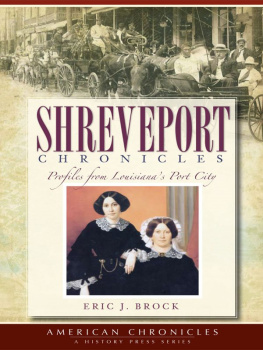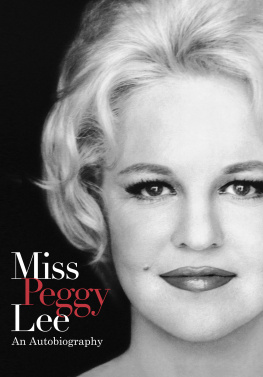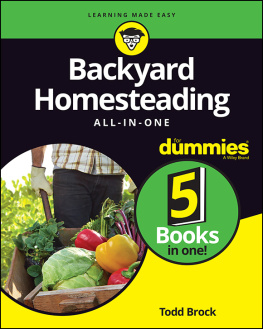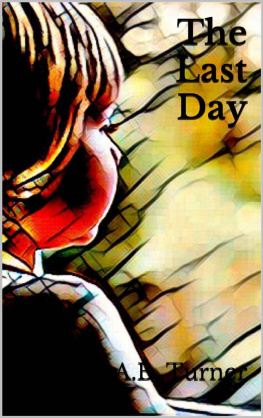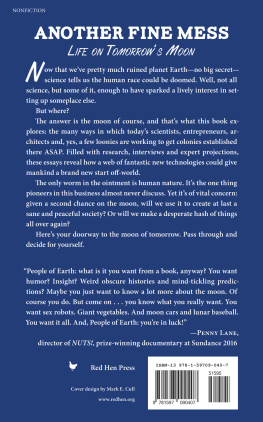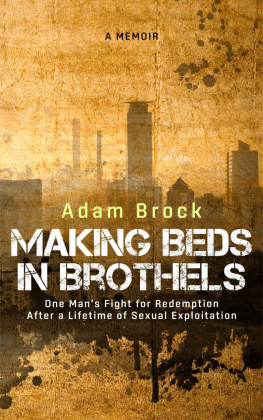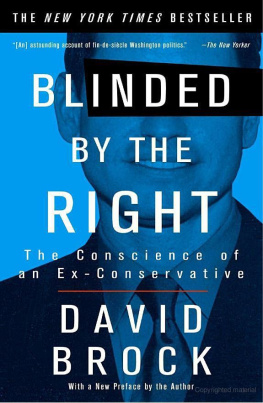
First published 1989 by Allen & Unwin
Published 2020 by Routledge
2 Park Square, Milton Park, Abingdon, Oxon OX14
RN 605 Third Avenue, New York, NY 10017
Routledge is an imprint of the Taylor & Francis Group, an informa business
Peggy Brock 1989
All rights reserved. No part of this book may be reprinted or reproduced or utilised in any form or by any electronic, mechanical, or other means, now known or hereafter invented, including photocopying and recording, or in any information storage or retrieval system, without permission in writing from the publishers.
Notice:
Product or corporate names may be trademarks or registered trademarks, and are used only for identification and explanation without intent to infringe.
National Library of Australia
Cataloguing-in-Publication entry:
Women, rites & sites: Aboriginal womens cultural knowledge.
Includes bibliographies and index.
ISBN 0 04 370186 8.
[1]. Aborigines, Australian Women. [2]. Aborigines, Australian
Social life and customs. [3]. Aborigines, Australian Rites and
ceremonies. I. Brock, Peggy, 1948
306 .0899915
Library of Congress Catalog Card Number: 8983592
Typeset in 10/11 pt Baskerville by Times Graphics, Singapore
ISBN13: 9780043701867 (pbk)
CONTENTS
Peggy Brock
Catherine H. Berndt
Catherine J. Ellis and Linda Barwick
Helen Payne
Jen Gibson
Jane M. Jacobs
Luise Hercus
Fay Gale
T HE ABORIGINAL Heritage Branch of the Department of Environment and Planning in South Australia originally commissioned the reports on which this book is based. The manager of the branch, R. J. Ware, has endorsed the recommendations of those reports and has been an enthusiastic supporter of the publication of the book. Luise Hercus, a contributor, made time available to ensure the orthography of Aboriginal words was consistent. Vlad Potezney drew up the map of South Australia and plotted the locations mentioned in the text and Joan Murray good humouredly assisted with the typing.
S PELLINGS OF Aboriginal words and tribal groups vary dramatically. Dr Luise Hercus kindly agreed to check the orthography used in eight of the chapters to ensure consistency in this volume. Dr Catherine Berndt has used her own orthography, developed over many years.
Some of the common variations of spellings of tribal names (with Dr Hercus orthography first) are as follows:
| Pitjantjatjara | Pidjanjara | Pitjandjara |
| Antikirinja | Antingari | Antikirinya | Antakirinja | Andagarinja |
| Kukata | Kokatha | Kokata |
| Adnjamathanha | Adnyamathanha | Adnjamatana |
| Wangkangurru | Wongkanguru |
| Diyari | Dieri |
| Yankuntjatjara | Jangkundjara |
| Kuyani | Kujani |
| Yandruwantha | Jandruwanta |
| Pirlatapa | Pilatapa | Piladapa |
| Yadliyawara | Jadliaura |
| Yawarawarrka | Jaurawoika |
| Thirrari | Tirari |
| Ngamini | Ngameni |
| Arrernte | Aranda |
South Australia (frontispiece)
Linda Barwick received her doctorate on Italian traditional song from Flinders University in 1986, and is now a National Research Fellow at the University of New England, where she is collaborating with Professor Ellis on a research project entitled Style and Structure in Central Australian Aboriginal Music. She has published work in the fields of womens studies, television and Italian culture in Australia, as well as co-authoring a number of articles with Professor Ellis on Central Australian Aboriginal music.
Catherine Berndt (BA, Univ. of N.Z., MA, Dip.Anthrop., Sydney; PhD, London: Hon.D. Litt., Univ. of W.A.) is an Honorary Research Fellow in the Department of Anthropology, University of Western Australia. She was born in New Zealand (one of her great-great-grandmothers was a Maori). In Sydney she met and later married a fellow student, with whom she carried out field research in Aboriginal Australia and in the New Guinea Highlands. Together and separately they have published widely in these fields. Her special focus is on womens perspectives. She is a foundation member of the Australian Institute of Aboriginal Studies, a Fellow of the Academy of Social Sciences in Australia, and an Honorary Fellow of the Royal Anthropological Institute.
Peggy Brock is Historian with the Aboriginal Heritage Branch of the Department of Environment and Planning in South Australia. She has researched and written histories of various Aboriginal communities in South Australia including the Adnjamathanha of the north Flinders Ranges and Poonindie Mission on Eyre Peninsula. She is the author of two books and various articles on Aboriginal history.
Catherine Ellis has worked on Australian Aboriginal music for over SO years, and is the author of numerous publications in the fields of Aboriginal music and music education, including her recent book Aboriginal Music: Education for Living. Cross-cultural Experience from South Australia (St Lucia: University of Queensland Press, 1985). She helped to set up the Centre for Aboriginal Studies in Music at the University of Adelaide, and is currently the Head of the Department of Music at the University of New England, Armidale.
Fay Gale is Professor of Geography at the University of Adelaide. Whilst Aboriginal people from northern Australia had been periodic visitors to her parents home, she was first introduced to Aboriginal women in southern South Australia in 1949 when she stayed on her aunts property near the Point McLeay Mission. After completing an Honours degree in Geography at the University of Adelaide she became a teacher, and later returned to the University as a PhD student to undertake a study of Aboriginal people moving out of the segregated reserves of South Australia into the integrated social conditions of towns and cities. Professor Gale took some years off to raise a family but, during this time, she retained social contact with Aboriginal friends and her foster sisters. In 1966 she took up a position of Lecturer at the University of Adelaide and was appointed Professor there in 1978. All of her research has concentrated upon the social conditions of Aboriginal people through studies of poverty and women. Her current work deals with the injustices faced by young Aboriginal offenders.
Jen Gibson is a mother, trained anthropologist and teacher. She has worked with Aboriginal people in Bass Strait, Tasmania, and in Roebourne and Kalumburu, Western Australia, and has tutored at the University of W.A. She taught and lectured in Montessori education. From 1985 to 1987 she recorded oral history for the Oodnadatta Aboriginal community, South Australia. She is currently a research scholar with the Australian Institute of Aboriginal Studies, working in the Marree region of South Australia.




